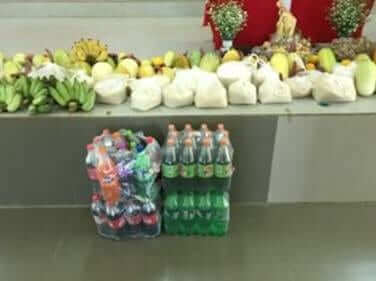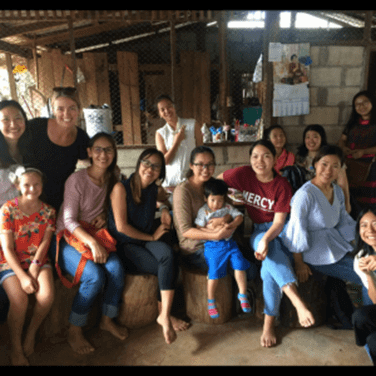Does God get my first-fruits or my picked over left-overs? This question has rumbled through my head and heart over the past few days.
The alarm went off at 5 am on Saturday morning, and we woke three sleeping kids to start our three hour trip to a Lahu village. We had been invited to attend a Thanksgiving service among the Lahu people who would thank God for their new harvest. Finally arriving at a village home, we tumbled out of the car. We went inside to eat a traditional Lahu breakfast made over the fire. Our kids quickly disappeared, running around with other kids.
Eventually, we made our way to the church service where about ten churches from surrounding Lahu villages came to celebrate together. Over 300 people gathered and rounds of singing ensued. I walked in and was moved deeply when I saw the fruit of the harvest. The villagers placed bountiful offerings from the harvest on the altar – huge squash, plush grapes, peanuts, sunflower seeds, bananas, bags of rice, pineapple, corn, potatoes, watermelon, pomelos, cartons of coca-cola (???), and more.
 I glanced at the bags of rice harvested by the hands of people who would later sing in worship, and I whispered, “First-fruits.” At that moment the question, “Does God get your first-fruits or your picked over left-overs?” invaded my heart. As the four-hour service went on in Lahu language (yes, I typed that right – FOUR hours), I had some pretty solid reflection time built into my day.I glanced at the bags of rice harvested by the hands of people who would later sing in worship, and I whispered, “First-fruits.” At that moment the question, “Does God get your first-fruits or your picked over left-overs?” invaded my heart. As the four-hour service went on in Lahu language (yes, I typed that right – FOUR hours), I had some pretty solid reflection time built into my day.
I glanced at the bags of rice harvested by the hands of people who would later sing in worship, and I whispered, “First-fruits.” At that moment the question, “Does God get your first-fruits or your picked over left-overs?” invaded my heart. As the four-hour service went on in Lahu language (yes, I typed that right – FOUR hours), I had some pretty solid reflection time built into my day.I glanced at the bags of rice harvested by the hands of people who would later sing in worship, and I whispered, “First-fruits.” At that moment the question, “Does God get your first-fruits or your picked over left-overs?” invaded my heart. As the four-hour service went on in Lahu language (yes, I typed that right – FOUR hours), I had some pretty solid reflection time built into my day.
The very word first–fruits challenges and intrigues me. Imagine the very first helping of some yummy food steaming on a plate right out of the oven. In contrast, think about last night’s dinner stuck on the plate after you’ve picked through it and left a few scraps. As I sat listening to one Lahu song after the other, I asked myself, “What kind of plate do I offer God each and every day with my life? A delicious plate wafting a fresh aroma or the crusty leftovers with stale reminders of what once was?” And I must say some of what I came up with made me kind of sad, kind of ashamed, kind of embarrassed. Not in a legalistic, self-criticizing, “woe is me, I’m terrible” kind of way. But rather, in a, “Oh Jesus, I love you” kind of way. “You are worth my very best, my very all, my very being. How can I offer the best of me, the best of my day, the best of my life to you? How can I live as a living sacrifice for your purposes? What more can I give simply because I love you.”As I sat and looked at fruit, tried to keep three busy kids occupied, and listened to the Lahu people worship, I asked myself more questions.
⦁ Do I give financially out of what is left over if there is any? Or do I give deeply, strategically, effectively, sacrificially, and generously?
⦁ Do I give God my best time for dialogue? Or is it when I’m tired and finished scrolling through several social media sites?
⦁ Do I go to church, small group or Bible study and have the appearance of righteousness, but then saturate myself with entertainment that condones a worldview that opposes God’s character, which I am called to emulate.
⦁ Do I serve others just enough to appease my guilt? Or do I actively maneuver and sometimes inconveniently change my schedule so that I can live on mission with God fulfilling his dream on earth?
⦁ Are my heart and head bogged down with gloom? Or am I living with a vibrant joy, hope and trust in God regardless of circumstances that surround me?
 The organic earthiness of the Lahu offering reminded me poignantly of the divine-human partnership. God provided the soil, the nutrients, the rain, the sunshine, the climate, and more to make it possible for the fruit or vegetables or grains or nuts to grow. But the human harvester tilled the ground, planted the seed, cut back the weeds, and gathered the harvest. Together, God and human, brought forth the harvest. The gift of the harvest came from God, but God allowed the human agent to get their hands dirty to see fruit come.And isn’t that the same with the spiritual harvest? Jesus came to earth, gave Himself as the sacrifice, and conquered death. God provided the pathway for humanity to be renewed in the image of their Creator (Ephesians 3:10). God chose to give us birth through the word of truth, “that we might be a kind of firstfruits of all he created” (James 1:18). God is the originator of both salvation and the harvest. But God has chosen to produce the harvest with and through His harvesters – His Church, His people (Matthew 9:37-38).
The organic earthiness of the Lahu offering reminded me poignantly of the divine-human partnership. God provided the soil, the nutrients, the rain, the sunshine, the climate, and more to make it possible for the fruit or vegetables or grains or nuts to grow. But the human harvester tilled the ground, planted the seed, cut back the weeds, and gathered the harvest. Together, God and human, brought forth the harvest. The gift of the harvest came from God, but God allowed the human agent to get their hands dirty to see fruit come.And isn’t that the same with the spiritual harvest? Jesus came to earth, gave Himself as the sacrifice, and conquered death. God provided the pathway for humanity to be renewed in the image of their Creator (Ephesians 3:10). God chose to give us birth through the word of truth, “that we might be a kind of firstfruits of all he created” (James 1:18). God is the originator of both salvation and the harvest. But God has chosen to produce the harvest with and through His harvesters – His Church, His people (Matthew 9:37-38).
I left the Thanksgiving celebration with my arms literally filled with the produce of Lahu believers – rice, bananas, and peanuts. But more importantly, the Lahu Thanksgiving filled my heart with the wonder of the divine-human partnership between Jesus and the Church to bring in the final harvest. For the fulfillment of God’s dream – I desire to give God my first-fruits rather than my picked over leftovers. For in that divine-human partnership exists the secret to abundant life.
Where Most Needed
† If you desire to donate by check, it can be mailed to:
10/40 Connections
2120 Northgate Park Lane, #400
Chattanooga, TN 37415
10/40 Connections is a 501(c)3 tax-exempt organization.


Recent Comments